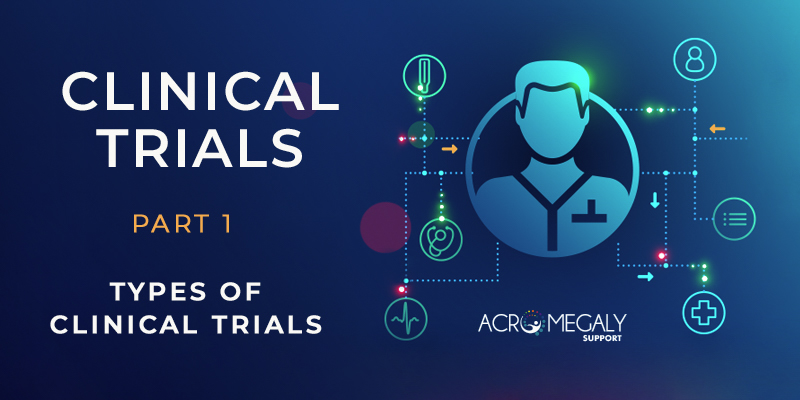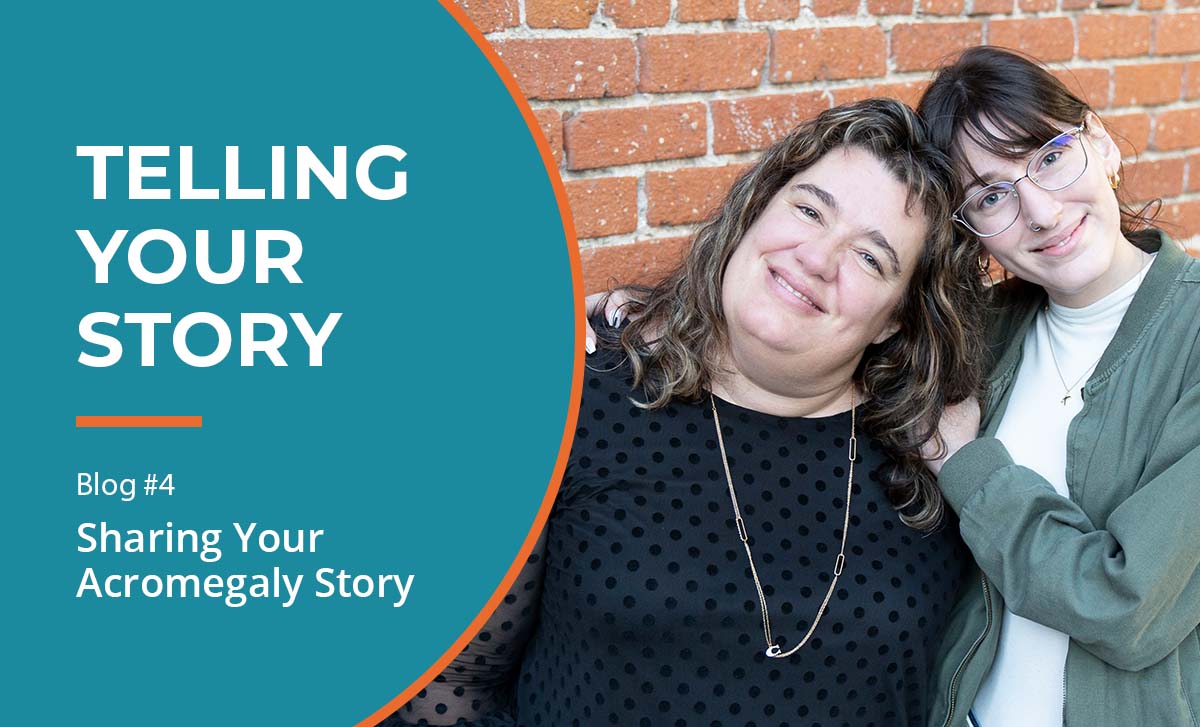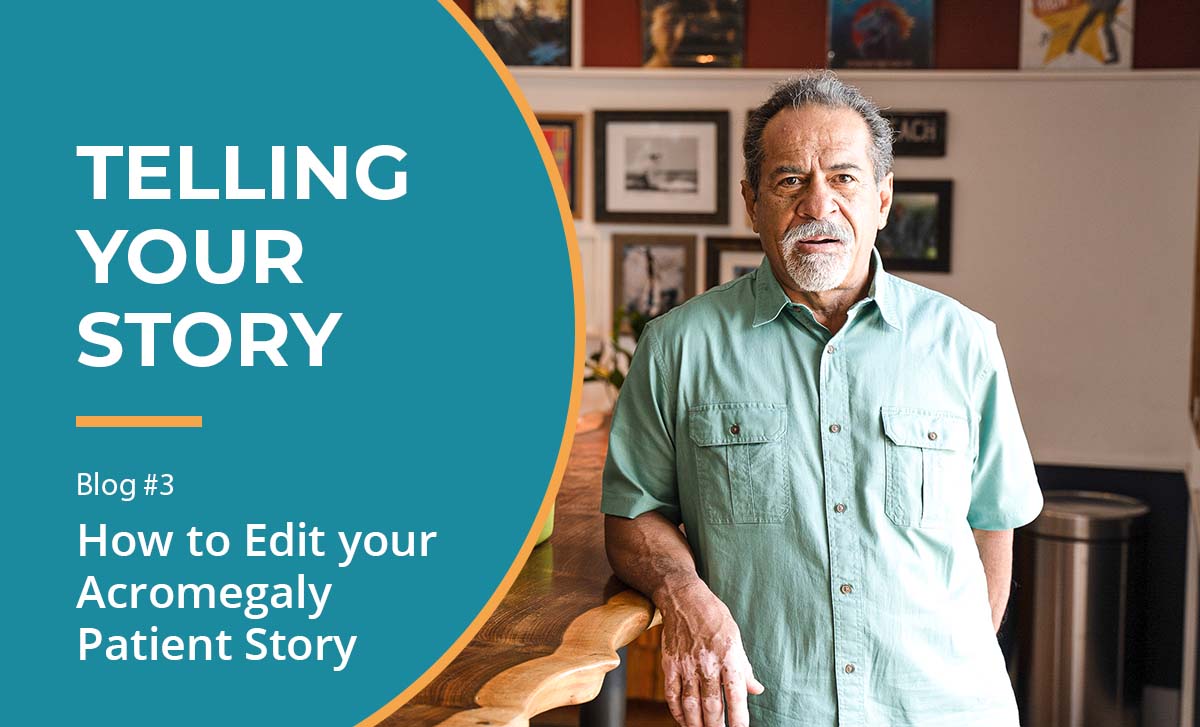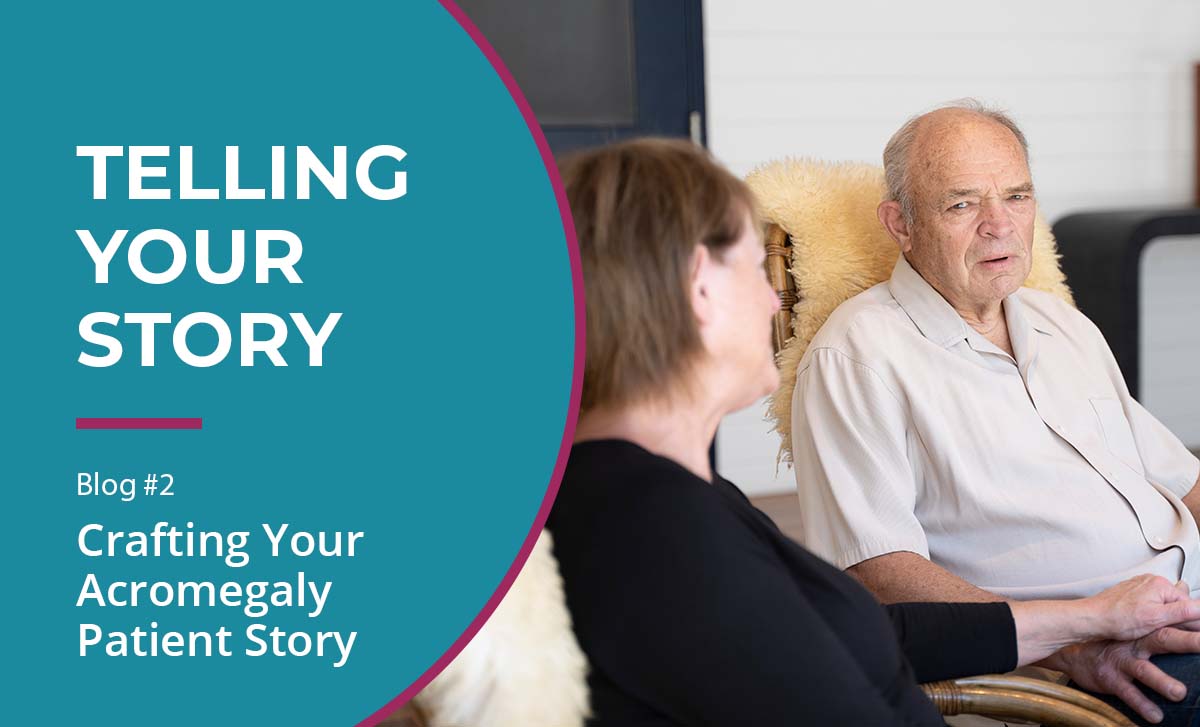
Clinical Trials Part 1 – Types of Clinical Trials
This 4-part series explains what clinical trials are, how they’re run, what all the unfamiliar terminology means, and why people choose to participate in trials. We also include helpful resources to learn more.
Clinical trials are how new treatments, therapies, and procedures for diseases and conditions get into market so people can use them. They’re meant to show what’s safe, what works, and what doesn’t in humans – key information that can’t always be learned in the lab or with animal models. The paramount focus in all of this, naturally, is the safety of clinical trial participants. In the United States, health authorities such as ethics committees (called Institutional Review Boards, or IRBs) and the Food and Drug Administration (FDA) regulate clinical trials. Most every country has its own counterpart.
There are different types of clinical trials, depending on what researchers want to study. Each one is crucial in modern, evidence-based medicine in finding new treatments that could help improve a person’s health.
In the next installment, we’ll explain what all words used to describe clinical trials/studies mean. It’s really not as complicated as you might think, and provides good insight into how the study you’re reading about was, or will be conducted.
Clinical Trial Resources
If you’re thinking about participating in a clinical trial, PATHFNDR is now enrolling patients to evaluate the safety and efficacy of paltusotine, an investigational drug for the treatment of acromegaly.
CLICK HERE to learn more about these studies and the eligibility requirements.
- This database of privately and publicly funded clinical studies conducted around the world is one of the best resources available. You can search by disease, country, and other key filters to find a trial that may be right for you. The site includes a good list of questions to ask when considering participating in a clinical trial. See them here.
Deciding to participate in clinical trials
- Animation and easy-to-understand language make this video from the Office for Human Research Protections (OHRP) a must-see for any potential trial participant.
- Another OHRP video addresses randomization. Watch it here.
A participant’s first-hand account
- Watch Juliana’s story about her experience participating in a trial for sickle cell anemia
References
National Institutes of Health (2015, August 20) Clinical Trials [https://www.nih.gov/research-
training/clinical-trials]. Retrieved May 2020.
U.S. Food and Drug Administration (2018, January 04) Step 3: Clinical Research[https://www.fda.gov/patients/drug-development-process/step-3-clinical-research]. Retrieved May 2020.
ClinicalTrials.gov (2019, March) Learn About Clinical Studies[https://clinicaltrials.gov/ct2/about-studies/learn]. Retrieved May 2020.
National Health Service (2019, May 08) Clinical trials[https://www.nhs.uk/conditions/clinical-trials/]. Retrieved May 2020.
UptoDate. Patient education: What are clinical trials? (The Basics). Topic 16168 Version 11.0



